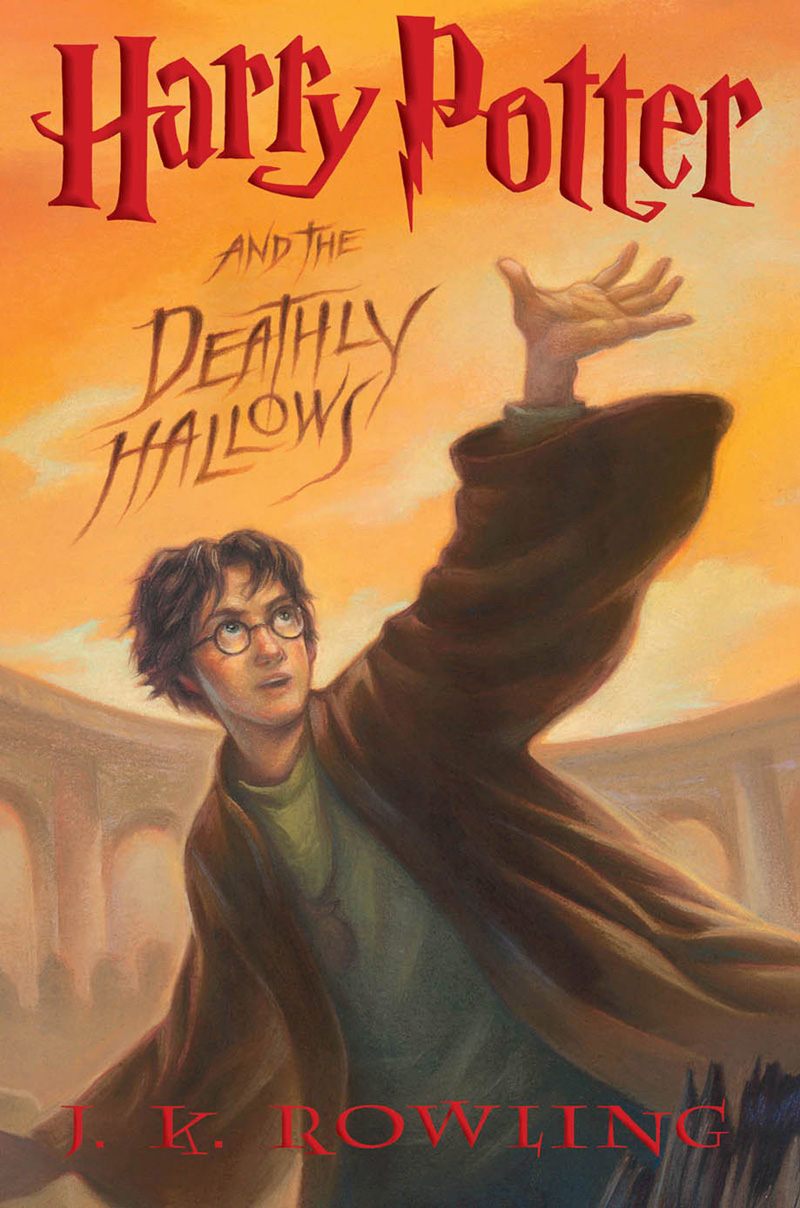First let me say that I could not have imagined anyone more perfect to play Tropatchov than Frank Langella. He is really good at playing haughty, evil slimebags (I actually imagined him playing the Inominata up until his miraculous reform). Tropatchov is just plain hateful. He is like the old-fashioned model of a particular personality type I’ve encountered many times in my life and which I hate. When I was a kid, my dad had a friend who could most politely be described as an asshole. He made fun of everyone, all the time. He told offensive jokes, all the time. He knew just how to get under everyone's skin, and proceeded to needle you until you exploded, then made fun of you.
His favorite game was make fun of you or tell offensive jokes until you got annoyed, then start telling you what a "spoilsport" you were, saying, "Come on, where's your sense of humor?," and insulting your intelligence. The more annoyed you got, the more opportunities it gave him to hurl tailor-made insults at you, in which he blamed your faulty sense of humor on your race, religion, gender, age, weight, financial status--whatever was most hurtful to you, and in the most vulgar language possible. He'd do this until you were ready to blow your top. Then he would laugh and laugh at you and point you out to whomever was around, saying things like, "Wow, look at her go! Must be her time of the month! Ha ha!" Eventually, the object of his “joking around” would start screaming and swearing and insulting him. Then he'd get mad, and I mean MAD at you and tell you that the whole thing was your fault because you don’t have a sense of humor! He was just joking around! He wasn't being serious! You're making him look like a jerk in front of other people and making him feel bad! You’re the one in the wrong! He’s just a good old boy from
I see a lot of parallels with Tropatchov here, though Tropatchov’s devices are certainly more refined. Obviously, what he likes to do is stir up trouble and rile up other people for his own entertainment. Wind the toys up, then sit back and watch them go! He’s also going to do what he wants, when he wants, period. He barges into Yeletsky’s home repeatedly; taking advantage of etiquette rules that won’t allow Yeletsky to ask him to leave—especially in the second act. In fact, he is masterful at twisting all social codes to his advantage. After he repeatedly baits, goads, mocks, and insults Kuzovkin in the first act, does Tropatchov have to apologize in the second act? Why, no! Kuzovkin must apologize, because in his drunkenness he lost his head and leveled an outright insult at Tropatchov: “infamous, fatuous, fop!”
Tropatchov, is much more insidious in his insults. He never says anything outright, but rather yanks people around by reminding them of their place in society and how manners demand they behave. The ruse he uses to get Kuzovkin drunk is, again, masterful. It would be unthinkably rude for Kuzovkin, impoverished as he is (“give the poor man a drink” p. 58), to refuse this drink, which is an offering of good will and good fortune from Tropatchov. Tropatchov, as a wealthy man acting out of noblesse oblige, (a phrase Tropatchov ironically misconstrues on p. 53), is condescending to offer this wine, provided by Yeletsky, at Yeletsky’s homecoming luncheon, in Yeletsky’s new home, where Kuzovkin has been kindly allowed to live for the past 20-odd years, so Kuzovkin has no choice but accept the wine poured for him. Not to mention the fact that Kuzovkin doesn’t seem too averse to a little bit of wine. (Alan Bates was wonderful in
Tropatchov, puppetmaster that he is, missed his calling in
5 days ago













No comments:
Post a Comment